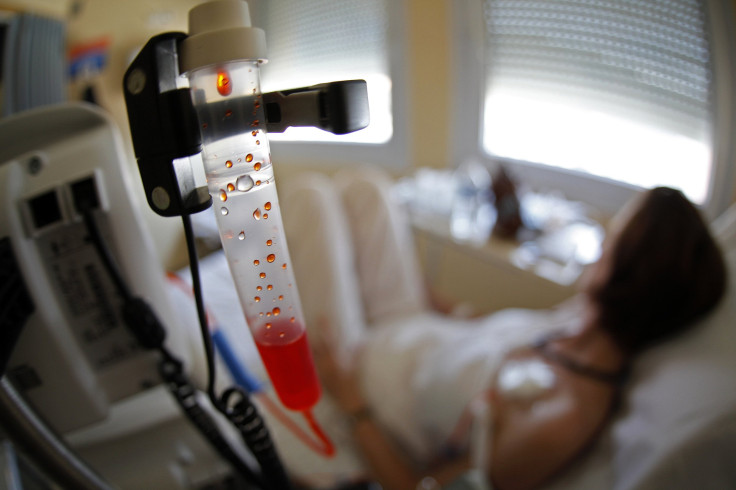Multigene test identifies breast cancer patients who don’t need chemotherapy

A 21-gene test done on breast cancer tumour can spare patients from undergoing chemotherapy, a team of researchers reveals. The study, published in the New England Journal of Medicine, is said to provide the highest level of evidence showing that a multigene test successfully identifies women who can safely avoid chemotherapy.
In the study, the team used OncotypeDX, a test that examines 21 genes from a tumour sample to determine how active the genes are. They scored the tumour between 0 and 100, giving lower points when there is a lower chance for the cancer to recur in distant organs if treated with only a pill such as tamoxifen. Based on earlier studies, a low score also indicated that chemotherapy does not work well and does not add to the survival benefit of tamoxifen.
The clinical trial gathered more than 10,000 women inflicted with a certain type of breast cancer called estrogen-receptor-positive that had not spread to lymph nodes. The tumours indicated that patients should undergo chemotherapy, followed by tamoxifen or other endocrine therapy pills.
During the study, women whose tumours scored 10 or lower on the 21-gene test received standard hormone therapy such as tamoxifen but were not subjected to chemotherapy. After closely monitoring the participants’ conditions for five years, the researchers found that the risk of spreading the cancer to nearby or distant sites was less than 2 percent. They also noted that the five-year overall patient survival was 98 percent.
In the trial, almost 16 percent of the women were reported to have a multigene test score of 10 or lower. Among the participants, 68 percent had a mid-range score of 11 to 25. These women were randomly assigned to receive either hormone therapy plus chemotherapy or hormone therapy alone.
“This should provide a lot of reassurance to women and their physicians. In women whose breast cancer scored low on the multigene test, there was outstanding survival with endocrine therapy alone. The test provides us with greater certainty of who can safely avoid chemotherapy,” said Dr. Kathy Albain, one of the main authors of the international multicenter trial and an oncologist of Loyola University Medical Center and Loyola University Chicago Stritch School of Medicine.
A previous study published in June 2015 showed that results from the 21-multigene test simultaneously impact treatment decisions by physicians and patients. The study found that after the gene test, doctors change their recommendations in 31.5 percent of cases, while 27 percent of patients changed their treatment decisions. In most such cases, the change by both doctors and patients was to avoid chemotherapy. The study, led by Loyola University Health System Medical oncologist Dr. Shelly Lo, appeared in the Journal of Clinical Oncology.
More than 120,000 breast cancer patients were reported to have undergone the gene test since it became commercially available in 2004. Albain says continued followup is needed to determine whether any women in a larger group, with tumours in the intermediate-score range, can safely skip chemotherapy.
Contact the writer at feedback@ibtimes.com.au or tell us what you think below.






